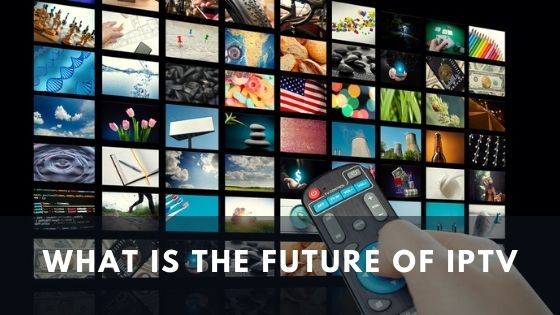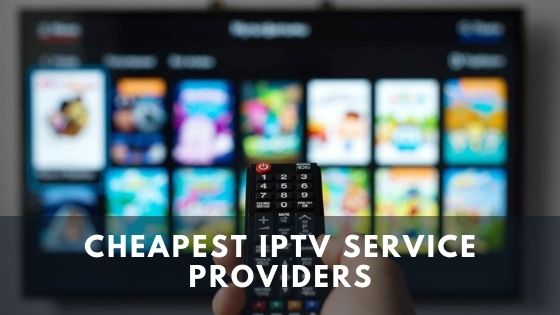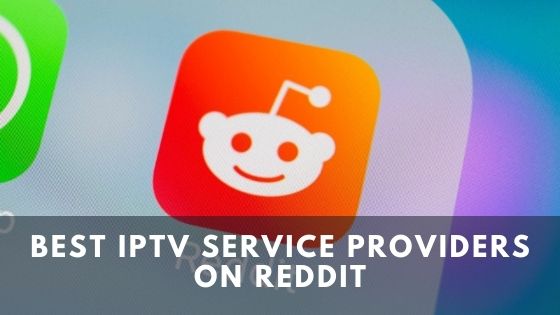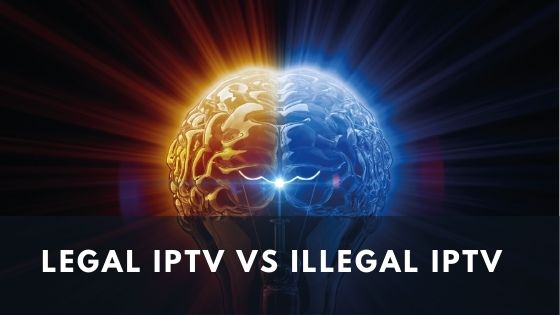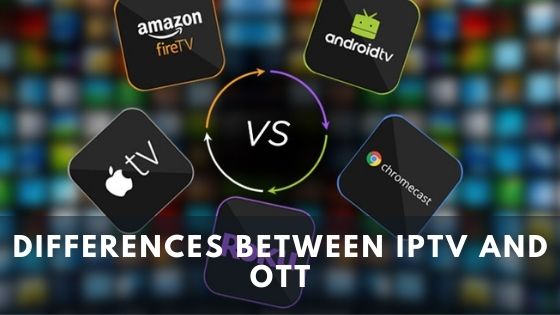
In recent times, the cable and dish industry has been declining sharply. There are various factors that contribute to it, but the most notable cause is the enormous rise of video-consumption industry online platforms. There are several terms that are relevant to this, such as satellite TV, IPTV, OTT, etc.

Presently, the biggest niches in the entertainment industry are IPTV and OTT. What do these mean? What are the differences between IPTV and OTT? Do not get overwhelmed if these things sound new to you. In this article, we have everything covered for you to get an insight into the modern era.
What Is IPTV?
IPTV stands for Internet-based Protocol Television. It is a term that refers to streaming media content over the internet. As the name suggests, an internet connection is required for availing of IPTV service. It works in a manner that is very similar to surfing the internet.
They can tune into live TV shows that are being aired in real-time or access media content from servers that store them. The advantage of the latter option is that the viewer can enjoy media any time they wish to as it can be accessed at any time.
In summary, IPTV service providers offer the following:
- Video-On-Demand (VOD)
- TV-On-Demand (TVod; recorded telecast)
- Live Television
Related topic: The 15 best IPTV service providers in 2021
Related topic: The 5 cheapest IPTV service providers in 2021
What Is OTT?
The full form of OTT is over-the-top, which refers to delivering content over the internet in a non-conventional way. More or less, almost everything that we see or do on the internet is a form of OTT, i.e., video streaming websites, IM applications, etc., are different categories of it.
In this case, OTT is a method of streaming media content through the internet by service providers but without any control by ISPs (Internet Service Provider). This means that ISPs are responsible only for transferring the content from the providers to the consumers.
Unlike IPTV, OTT content cannot be controlled or be redistributed by the ISP. In brief, OTT is similar to IPTV, but the former works in a different method.
Related topic: The 10 best OTT streaming services in 2021
Which Is Better Between IPTV and OTT?
This is a very subjective question as both IPTV and OTT have their own set of advantages and disadvantages. In some cases, IPTV is better than OTT, and in other cases, vice versa. With that being said, let us speak about the pros and cons of each of the services.
Pros of IPTV
- The quality (video resolution or audio bitrate) of the content delivered is much higher than other forms of media services
- Most IPTV services come with Program Guides that make it easier for the user to navigate and find their favorite shows
- As IPTV connections are maintained by the service providers themselves, there are none or few interruptions in streaming
- Easy installation as just a set-top box has to be used
Cons of IPTV
- Only available in subscription packages; more expensive in comparison to other streaming solutions
- Since the streaming service relies on the internet, it may be affected during outages or under heavy load during peak hours.
Pros of OTT
- Very wide range of providers with most of them providing lucrative features and offers
- Reasonably cheap or even free for some cases.
- Nothing to setup, can directly be streamed on a computer or a phone, i.e. no external devices such as a set-top box is required
Cons of OTT
- Quality may be subjected to internet speed; buffering occurs more frequently than it happens on IPTV services
- No access to TV-only shows
With the pros and cons above, it is up to your perspective, which seems better than who. In some cases, OTT has the upper hand, for example, its price clearly is a winning factor, but in some cases, IPTV is the optimal choice with its nearly endless options of accessing entertainment content.
Conclusion
OTT is a technology that uses publicly available internet connections for streaming content from third-party sources. On the other hand, IPTV platforms provide content through privately managed networks. While OTT is a cheaper alternative, IPTV has its fair share of advantages.
However, it should be noted that OTT services are growing substantially and it may just take over the entertainment industry in the future! Hope that you have gained the knowledge regarding what are the differences between IPTV and OTT to reach a conclusion.
Disclaimer: IPTVAdviser.com does not verify the legality or security of any add-ons, apps or services mentioned on this site. Also, we do not promote, host or link to copyright-protected streams. We highly discourage piracy and strictly advise our readers to avoid it at all costs. Any mention of free streaming on our site is purely meant for copyright-free content that is available in the public domain.
Disclosure: IPTVAdviser.com is a reader-supported blog. When you buy a product(Hardware, device, accessories, or VPN, we’re not affiliated with any IPTV service or app) through links on our site, we may earn a commission.



